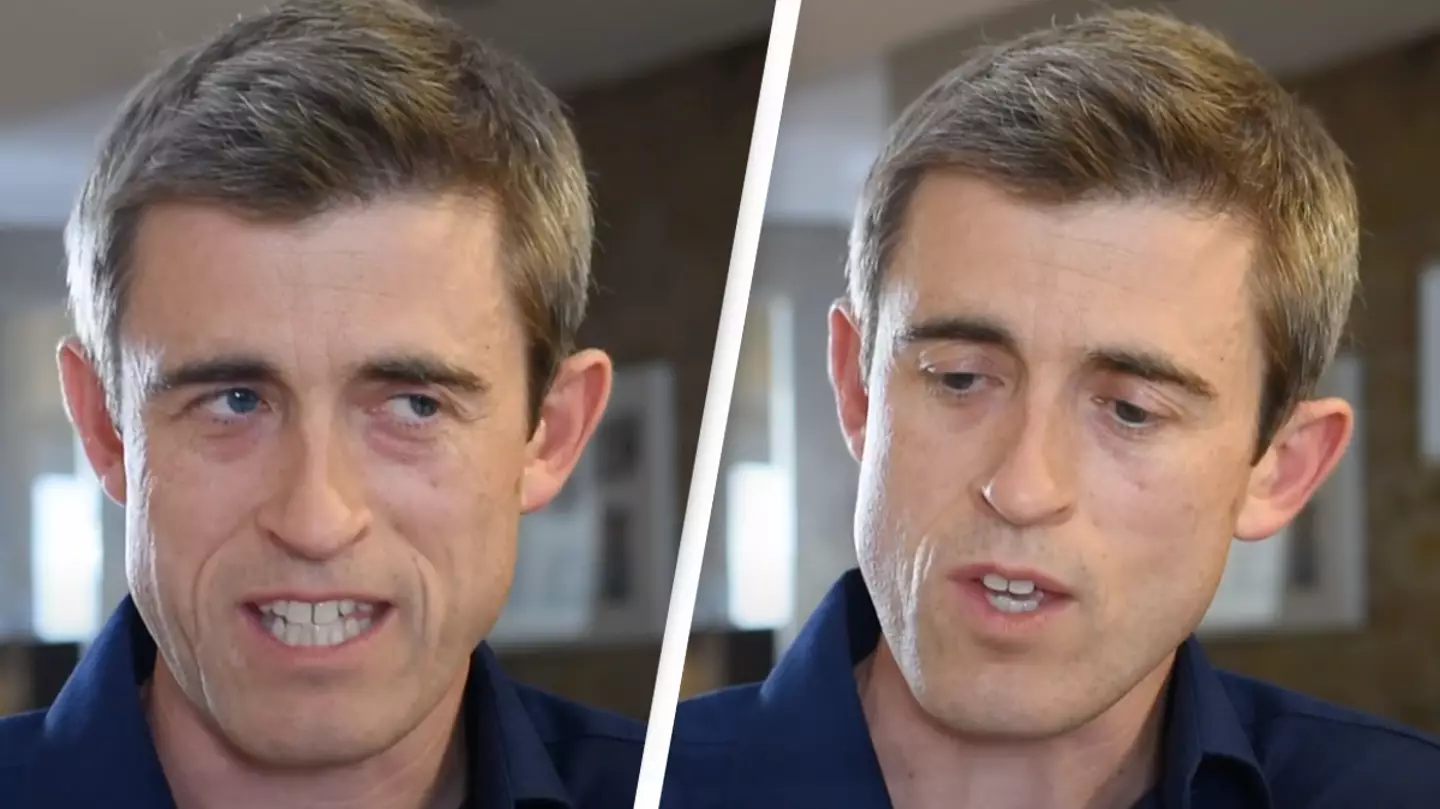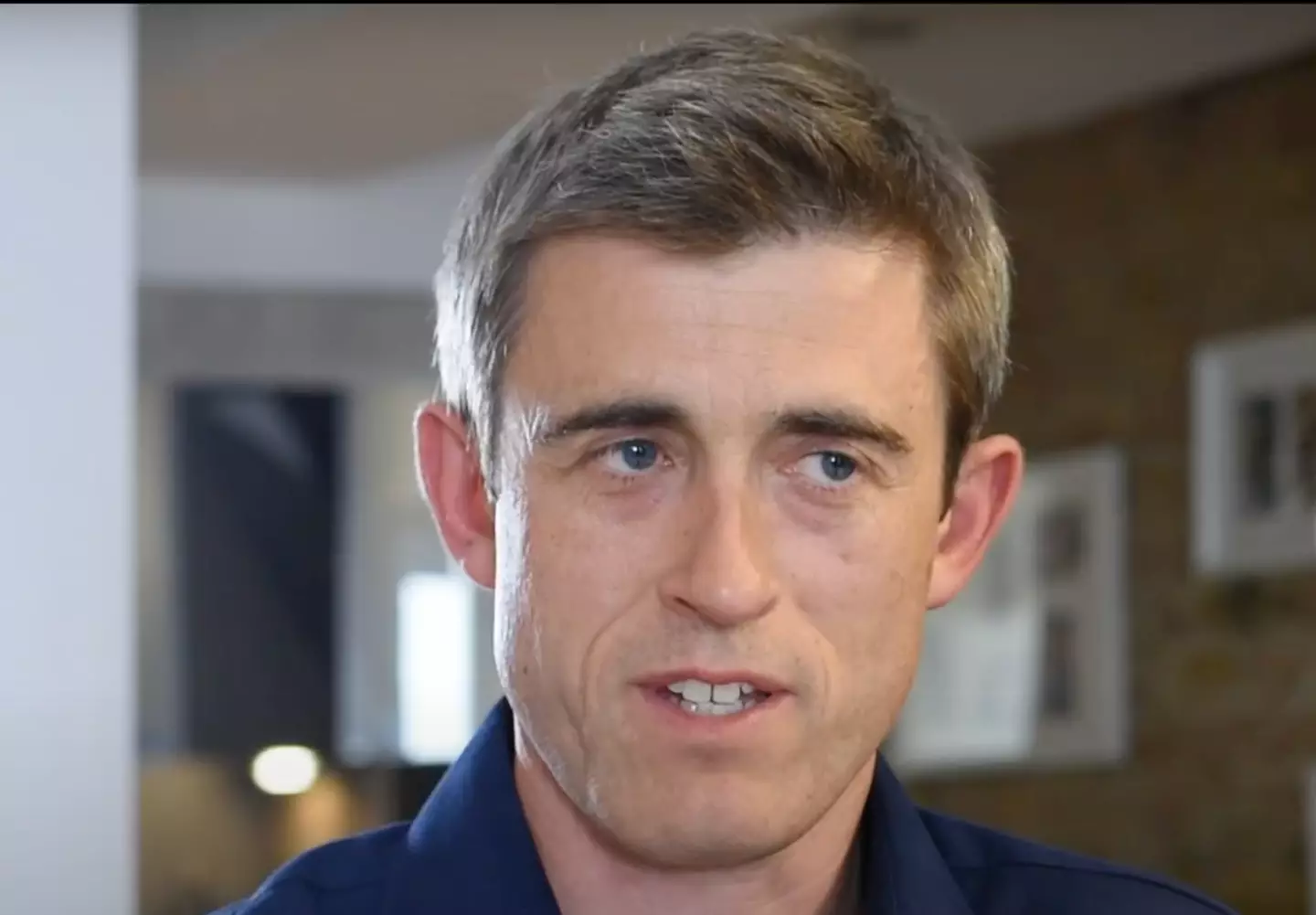
A professional hostage negotiator has shared the one rule that he thinks people should apply to every aspect of life.
Scott Walker started out his career in the police before leaving to become a professional 'response consultant'.
That's a coded way of saying he's brought in to deal with things like kidnappings, cyber attacks, and piracy.
Advert
That's the actual nautical piracy, not just streaming your favourite show on a dodgy website.
As jobs gos, that definitely seems up at the more stressful end of the scale.
However, Scott has one maxim which he says has served him well in his professional and home life, and which he thinks everyone could benefit from in any stressful scenario.

To illustrate, he describes one scenario in which the brother of the person who had been kidnapped had felt the need 'prove himself' by taking charge.
Advert
However, he struggled with that responsibility and was unable to stand the pressure of dealing with his sibling being missing while putting on a front for the family.
Scott explained to The Guardian that this can prove as much of a challenge as the kidnappers themselves.
He said: “Dealing with the kidnappers is easy. It becomes a transaction: they have something we want, and we have something they want – it’s just getting to the point where we can safely exchange that.”
Meanwhile, managing the complexities of a family dynamic can prove a far more demanding task, especially when emotions are understandably high from the situation.

And it's here in these scenarios that Scott's maxim comes into most prominent effect.
Advert
He said: "It’s everyday communication: how we communicate with ourselves, first of all – but also with our friends, our family, our colleagues and our community.”
The main principle, he says, comes from being able to properly manage your own emotions.
This doesn't mean pushing feelings down away, but also not being entirely controlled by them.
“It’s taking control of what you can, and not worrying about the rest," he said.
Advert
People becoming controlled only by their emotions is something Scott says he has seen a lot in his job. He explained: “All of the emotions, the issues and human foibles are magnified in this extremely high-pressure scenario."
Scott's recommendations wouldn't look out of place on a meditation or mindfulness app. He advocates for trying to remove yourself from a scenario and look it as objectively as possible.
Crucially, this doesn't mean being dispassionate, as empathy for the other side is also a crucial part of this process.
There you have it. Even hostage negotiators say that mindfulness is important and helpful in high pressure scenarios, as well as empathy and active listening.
Advert
All of these are things which you can apply in your day to day life, whether it's at work or in relationships.
Topics: Life, Crime, Police, Mental Health
